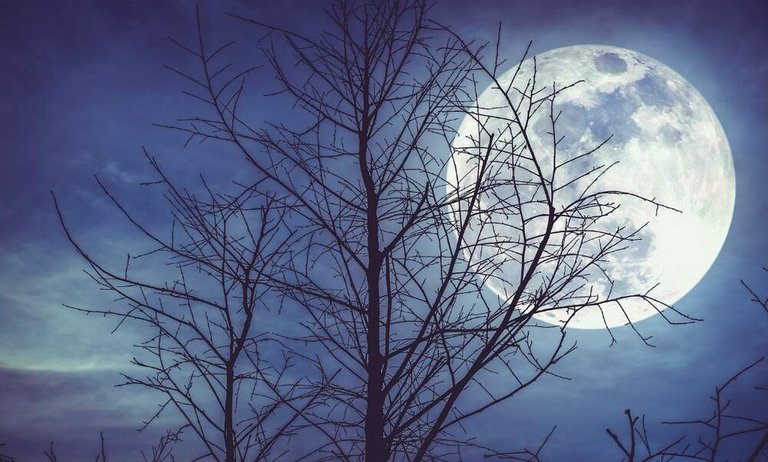
On January 31, provided the weather conditions allow for it, a super blue moon will be able to be seen from the Netherlands. In other parts of the world, people will be able to witness the first super blue blood moon in 150 years.
What is a super blue moon?
The moon will be both super and blue on January 31. Blue because the moon is full for the second time in a month, and super because it is positioned as close to the Earth in its orbit as possible. The moon will be a mere 356.565 kilometres from Earth.
This year, there will also be another blue moon, namely on March 31. The next time two blue moons will occur in the same year will be in 2037. At 14:27 pm in the Netherlands, the full moon will be visible if the weather clears up.
In the evening, there is a great chance that the blue moon will be able to be seen in the Netherlands, as the clouds and rain move onwards to Germany. The best areas to see the moon will most likely be the south and central parts of the Netherlands. It also helps that a super moon is 14 percent brighter than usual.
The super blue blood moon
In other parts of the world, the super blue moon will also be a blood moon. This occurs when the moon is eclipsed by the Earth’s shadow. During a lunar eclipse, the atmosphere distorts the sunlight and red light is refracted, which then hits the moon and gives it its red colour.
Unfortunately, the lunar eclipse will not be visible in the Netherlands, but it is possible to follow it via the NASA site from 11:30 am. The next total lunar eclipse will occur on the July 27 / 28, and will be viewable from the Netherlands.
It's amazing what outerspace has to offer impressive article
Thank you tokoya